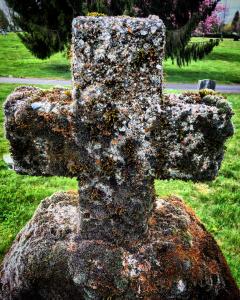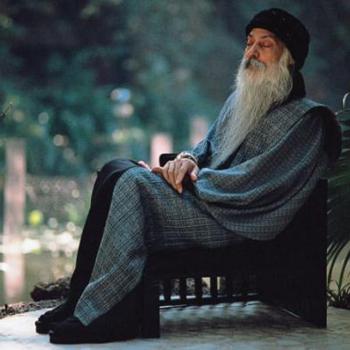[SPOILERS]
I recently saw filmmaker Taika Watiti’s Jojo Rabbit. The premise is based on Christine Leunens’s book Caging Skies. The film has received some negative reviews for its lighthearted nature; but the film was picked by the National Board of Review and the American Film Institute as one of the ten best films of the year in 2019. It has also received six Oscar nominations.
The controversy surrounding the film arises from its parody of Adolf Hitler as the imaginary friend of Johanes (Jojo) Betzler, a young member of the Hitler Youth. Jojo attends a summer camp where he learns how to be a good Nazi (which includes burning books). At one point, after being humiliated by some older kids for not being willing to kill a rabbit by snapping her neck, Jojo earns the nickname Rabbit. Emboldened by a pep talk with his imaginary friend Hitler, Jojo rushes into a grenade throwing drill, grabs a grenade from Wehrmacht Captain Klenzendorf and throws it with gusto. The grenade bounces off a tree and blow up in his face.
After a short but painful convalescence, Jojo returns to work as an errand boy for Captain Klenzendorf. One day after returning from work, he hears a noise upstairs and discovers that his mother, who is overtly anti-Nazi throughout, has been hiding a young Jewish woman named Elsa Korr in the crawl space of the room of Jojo’s deceased sister Inge. Jojo, a dedicated Nazi is horrified, but reaches an agreement with Elsa that will keep he and his mother out of trouble. In the meantime he decides to learn all he can about the Jews so he can write a book, in service of the Reich, that will expose the insidious ways of the Jewish race. As you might expect, in the process, in his conversations with Elsa, he falls in love with her. Hitler is of course concerned, but Jo Jo convinces him that he is using reverse psychology on her to get her secrets. When the Gestapo unexpectedly shows up at Jojo’s house, Elsa pretends to be Inge, and Jojo is visually upset and worried that she will be found out. She narrowly escapes detection, and Hitler is furious that Jojo didn’t turn her in.
The surprising twist, comes when Rosie, who has been active in the resistance, is seen hanging from a scaffold in the public square. She has been hung for treason. Jojo is crushed and even tries to stab Elsa, but collapses in grief. After a fierce last stand, the war is lost, and Jojo and Elsa walk outside into the new world.
The film obviously seeks to straddle comedy and tragedy, but does this humorous portrayal minimize the seriousness of the Holocaust? This is a question critics have levelled at the film. In my view, the film is a brilliant achievement. The film wraps its arms around the beauty and pain of life. The horror and mundane of war.
Specifically, the parody of Hitler works for several reasons. First, the film shows how a hateful ideology can be shattered through an encounter with the other. Second, our stereotype of Hitler as an unalloyed evil is challenged by his apparent lightness and his friendliness is underlain by a deeply insidious uncompromising ideology of hatred. The imaginary Hitler is as absurd in his whimsy as the real Hitler was in his brutally hateful ideology. In the final encounter between Jojo and Hitler, and in a nod to Quinton Terentino’s cathartic alternate histories, a post-suicide Hitler is triumphantly kicked out of the window by a Jojo who has finally learned the lesson that Hitler’s ideology is deeply destructive.
However, it is the character of Rosie, Jojo’s mother, who supplies the pathway for Jojo’s transformation. Rosie is fully alive, passionate and resistant to injustice. She dances, lovingly teases Jo Jo, dresses in bright clothes and red lipstick, and drinks wine at news of the imminent end of the war. At one point she even dresses up as her absent husband to comfort Jojo during a tense argument about Nazism. She is, throughout the film giving of herself in the care of Jojo, and putting herself at risk in sheltering Elsa. She is killed by Nazism, but her son is eventually transformed, born again, by her act of love and his encounter with Elsa.
In the final scene, as Jojo and Elsa emerge into the post-battle city, a sunny sky illuminates the quaint town, and people are trashing Nazi paraphernalia. Jo Jo asks Esla what they should do, they lock eyes and begin to dance.












